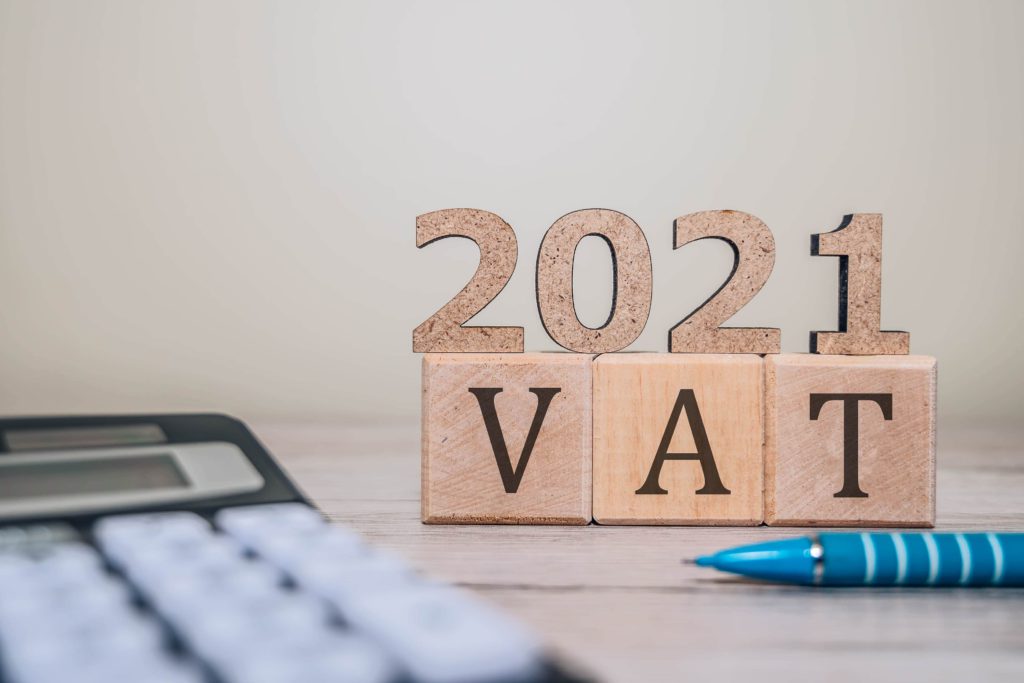To thrive in the financial world, it is important that you understand some basic terminologies. Having an understanding of these concepts will surely give you an edge. One of these concepts is the Value added Tax which is also known as Good Service Tax (GST) in some countries of the world.
If you are on this page to learn about VAT (Value Added Tax), then you are on the right page. In this article, we will discuss everything you need to know about Value Added Tax. This includes the meaning, how to calculate it, and every other important thing you need to know that relates to the subject.

What is Value Added Tax (VAT)?
Value Added Tax, which is also known as Goods and Service Tax in some countries such as Canada, is basically a consumption tax. It is used basically on products at each stage of the production process where value is added. That is from labor, raw materials, and the sale of the final products. For example, if there is a 20% VAT on a particular item that costs N100,000, the final consumer will end up paying a price of N120,000 for the item.
How do I calculate Value Added Tax (VAT?)
Calculating VAT is quite easy. You do not need to be super exceptional at mathematics to get it. Basically, to calculate the amount of VAT that you u must pay at each stage, you have to take the VAT amount at the latest stage of production. Then, you subtract the VAT that you have already paid. This helps you to prevent the issue of double taxation.
For better understanding, let us consider the following example with a 10% VAT assessed at each stage of production.
A car manufacturing company purchases raw materials at N550, 000 which includes a 10% VAT. After completing the manufacturing of the parts, the assembler purchases them from them at N1.1 million, which includes a tax of N100,000. The manufacturer receives N1.1 million, of which he pays N50,000 to the government.
If you notice, the manufacturer did not pay the government a full VAT of N100,000. The reason for this is that he has already paid the seller of the raw material VAT. Therefore, he will keep the remaining portion and pay N50,000 to the government. (N100, 000–N50, 000) to the government.
Similarly, you can always calculate the VAT paid at each stage of production by subtracting the VAT that is already been charged from the VAT at the last stage of production.
Nigerian VAT compliance
Here is the information every VAT invoice must include:
1. The supplier’s name, address, as well as a tax identification number.
2. Customer’s name, address, as well as a tax identification number.
3. Thereafter, the supplier’s VAT number
4. The date of supply
5. Unique VAT number
6. A description of the goods or services rendered.
7. The amount charged, the gross amount of the invoice, and VAT rate
However, the VAT act does not require credit notes, although they accept them. They should own a unique invoice number and clearly state the invoice they corrected or reversed.
In addition, the tax authorities do not require electronic invoices. There are also no provision for a simplified invoice. Failure to issue VAT invoices may attract a fine of 50% of the taxable cost of the supply.
Is VAT the same as Sales Tax?
No. Sales Tax is not the same as Value Added Tax, although they are similar, they are not the same. The main difference is that you can only access a sales tax only at the final stage of purchase. While on the other hand, you can always access VAT at each stage of production.
Furthermore, VAT is more advantageous than sales tax. This is because VAT basically allows you to allocate tax amounts to different stages at production. This is mainly based on the value-added at each stage. And since you sales tax only ones, it is quite impossible to measure the value-added at each stage of production. In fact, this makes it quite difficult to track and allocate the sales tax to specific stages of production.
What is the current VAT rate in Nigeria?
The Vat rate in Nigeria was initially 5%, until the 13th of January 2020 when it was increased to 7.5%. This increase complies with the finance act which was signed by the then president. So, the current VAT rate in Nigeria is 7.5%
Conclusion:
VAT is an indirect tax that is levied on goods and services as a percentage of the value they add. It is a source of income for the government and it has a positive impact on the economic growth and development of a Nation.
Need a loan? Kindly check out this platform that allows you to compare loans from several lenders in minutes. This would help you make the best decision for you